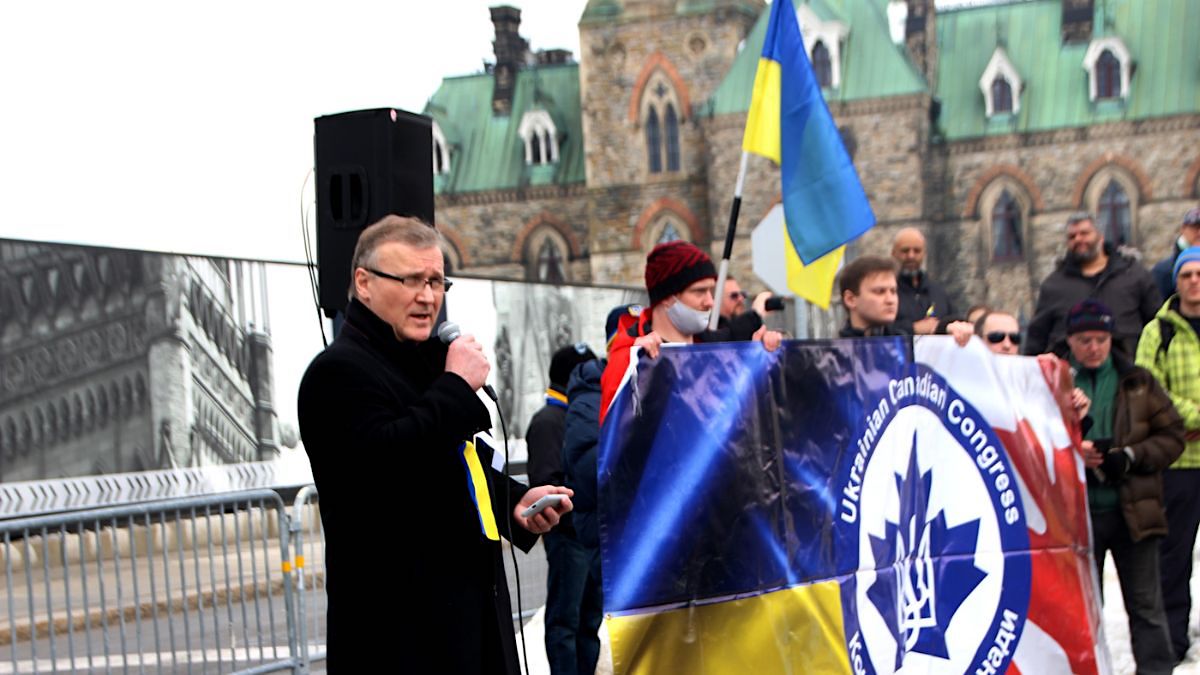Der Spiegel, referring to declassified memos, recently published a cautionary note from Eduard Shevardnadze (twice foreign minister of the Soviet Union, later President of Georgia) who warned in October 1991, that a fascist leader could one-day rise to power in Russia.
After the demise of the Soviet Union, hopes of creating a democratic Russia tumbled. Yeltsin's economic reforms prompted a political confrontation in 1992, followed by a bloody constitutional crisis in 1993 and the First Russian-Chechen war in 1994.
The Beatles song titled “Back in the U.S.S.R.” (1968), is apropos of Putin’s ascent to the apex of power in Russia. The song was inspired by a Russian spy returning home. In 1999, Putin became the acting Prime Minister of Russia. Soon afterwards, Putin made headlines for initiated the Second Chechen war.
By 2007, Putin was bold enough to challenge the west and the international world order at the Munich security forum. A year later Russia attacked Georgia, followed by the beginning of the military campaign in Eastern Ukraine and annexation of Crimea in 2014.
On February 24, 2022, Putin, however, unleashed “the memories of the past” when he declared an unjustified and unprovoked war against Ukraine – in Putin’s interpretation a “special operation” to demilitarize and denazify Ukraine.
Ukraine’s valiant fight, however, has forced Putin to rework his narrative to justify his war. He now claims that Russia’s invasion of Ukraine was necessary because “the West was preparing for the invasion of our land, including Crimea”.
Such a change of narrative aims to misrepresent Russia’s naked aggression as a heroic stand against the West and to deflect away from Russia’s military failures and rally the Russian people to support Putin’s war. This cynically manipulative narrative recasts the aggressor as the victim.
Russia has even threatened to use nuclear weapons, exposing Putin’s desperation. If they (the west) do not respect us (нас не уважают); then they must be afraid of us (боятся). Putin’s rhetoric aims to distract the West and to drive a wedge between allied western capitals. The West must not let itself be distracted and must focus on responding to Russia’s aggression, raising the cost of it and degrading its military capability.
Over the last three months, Putin has proven many things to the world but most persuasively, it is his ambiguity, untrustworthiness and ruthlessness.
Prior to his invasion, he advised Western interlocutors that Russia had no intention to attack Ukraine. But he did. Blocking access to free media, promoting propaganda and disinformation campaigns he deceives the Russian people of the reasons for the war and the situation on the battlefield. His Foreign Minister Sergei Lavrov speaks gibberish to international audiences, arrogantly comparing Ukraine with Palestine, and Russia with the US.
The West's long-standing appeasement policy toward Russia has failed.
Over the centuries, Russia’s territorial expansion has given its autocratic rulers additional legitimacy. A deeply rooted sense of imperialism and national chauvinism has created a false and extreme sense of national pride and has made Russians believe in its superiority and uniqueness.
Putin’s view that the collapse of the Soviet Union represents the biggest catastrophe of the 20th century alludes to his aspiration of resurrecting the Soviet empire. Russia’s failure to carry out successful democratic and domestic economic reforms has only exacerbated his imperial ambitions.
Yet, in Putin’s case, Shevardnadze's warning of the rise of a fascist leader results from a combination of authoritarianism and wounded pride that when blended with Soviet ideology, exposes a deeply rooted inferiority complex.
Russia represents a strategic challenge to its neighbors and beyond. In fact, Russia’s borders have never been as safe as after the EU and NATO acceptance of Central and Eastern European countries (CEEC) as members, 18 years ago. The CEEC’s have become stable and well-recognized democracies. Though some lingering references to “former soviet bloc countries” must end as they support the twisted Soviet narrative of Russia as a “liberator” and helps feed into Putin’s Soviet-mania.
How did we get here? Sauli Niinisto, President of Finland, provided a simple answer suggesting that the Russian President Vladimir Putin should simply look in the mirror.
A business-as-usual relationship with Putin’s Russia is over. The west must stand firm and united against Russia’s unacceptable behavior and brute force. The aggressor, Russia, must face justice and pay the price for the crimes and atrocities committed in this war.
Standing against Rashism and for Ukraine is to stand for freedom, democracy and moral values.
Toomas Lukk, Estonian Ambassador




